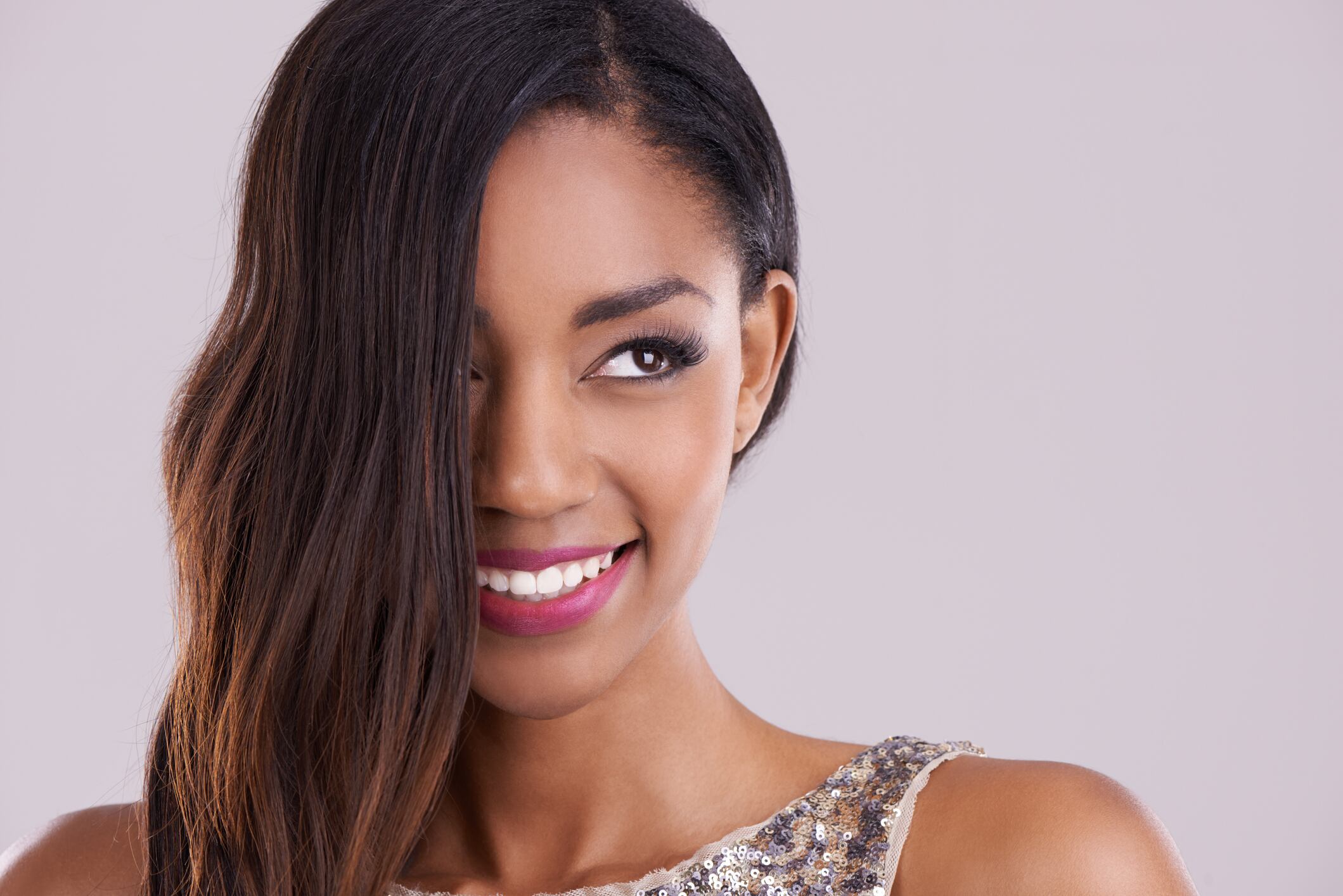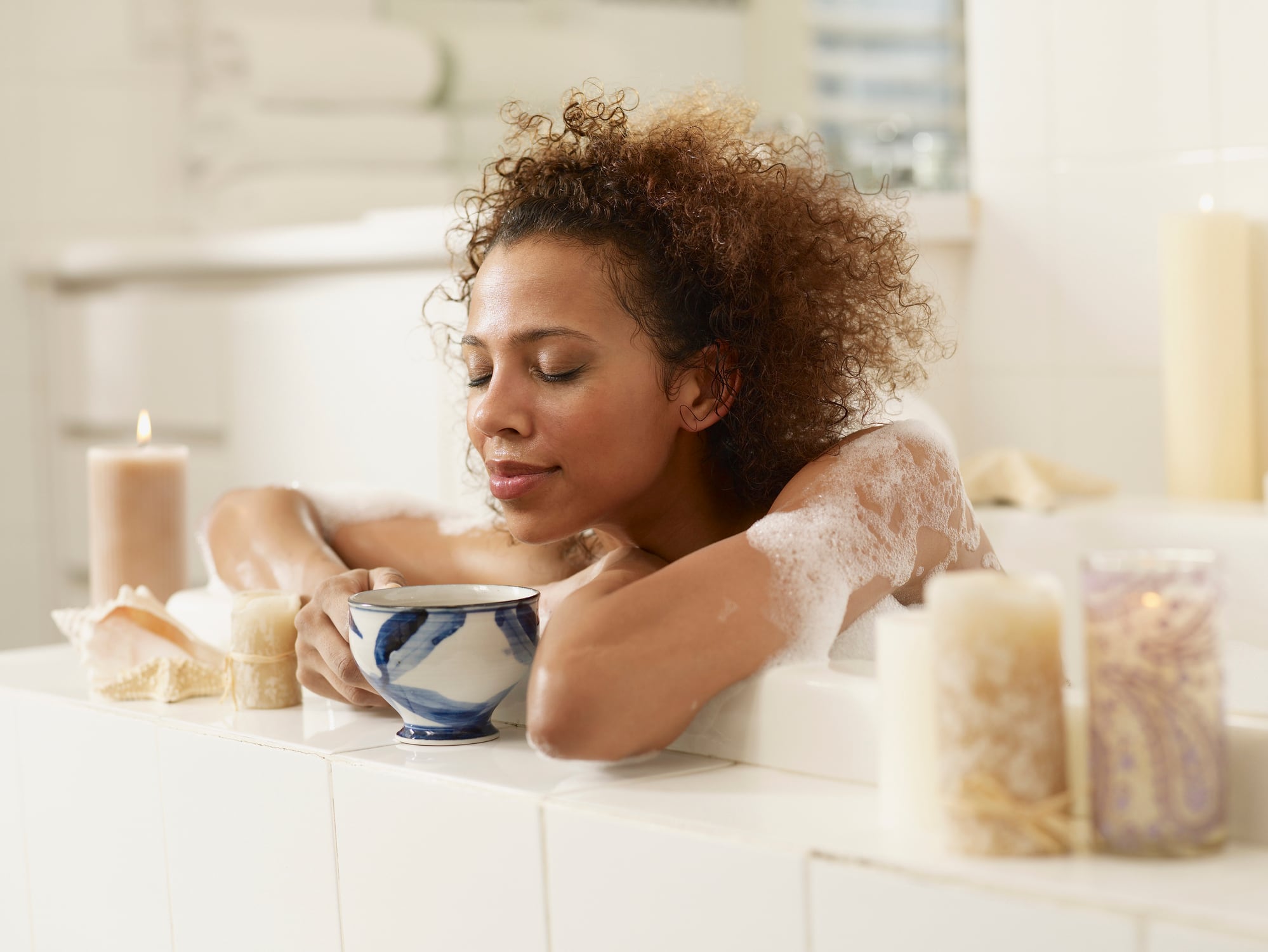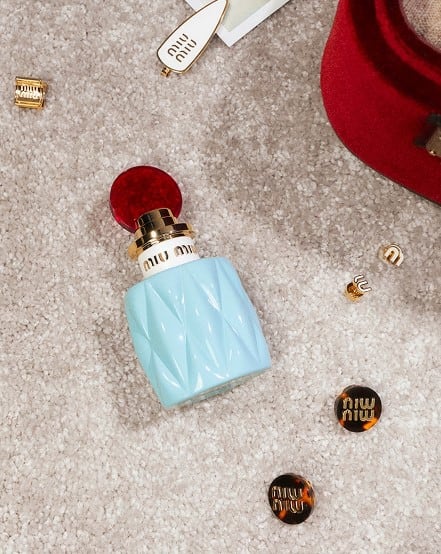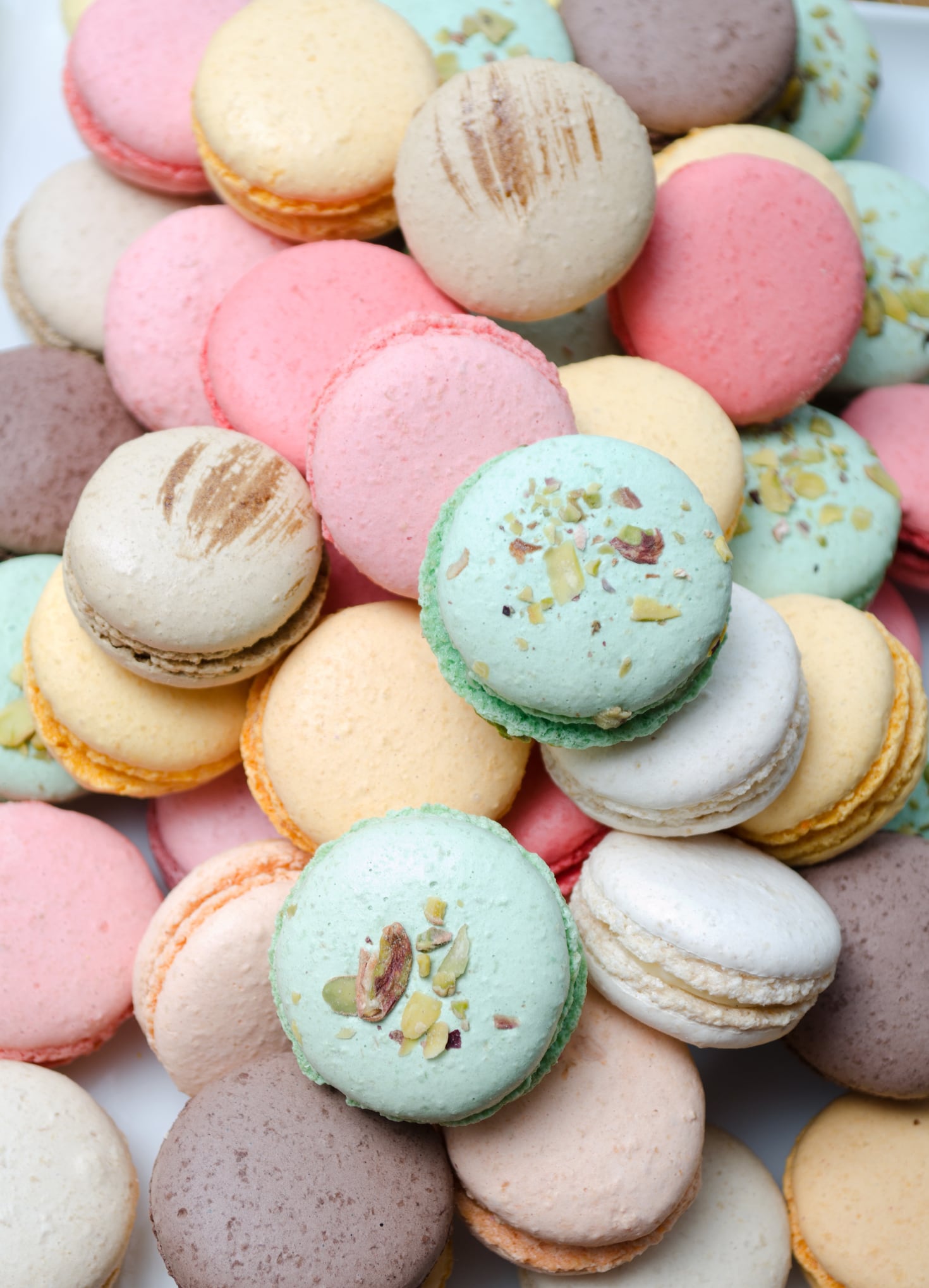Over the last few years, the quest for social change and racial reckoning has been a central theme within the cosmetics industry.
Mainstream brands have become introspective, examining their tendency to promote Eurocentric beauty ideals that fail to reflect the diversity of beauty inherent in society at large. “The beauty industry’s shift towards multicultural beauty in recent years has placed hair care at the crux of a broader conversation”, said consultant at Euromonitor International, Rubab Abdolla.
“Identifying the unique needs of black consumers – which describes people of African descent – is a crucial first step for companies to better understand and cater for specific consumer segments.”
We’ve outlined some of the key trends within black haircare for 2024 and shone a spotlight on shifting attitudes and some core concerns of these consumers.
TREND 1: The return of relaxers and other straightening methods
After years of being maligned due to ingredient safety concerns, there has been a resurgence of interest in hair relaxers from Black consumers. With over 600,000 hashtags on Instagram and a growing number of TikTok accounts documenting their relaxer hair journey, this is quite an unexpected turn of events given the dominance of the natural hair movement whose core values include the elevation of natural ingredients and encouraging WOC (women of colour) to embrace their hair in all its natural glory.
It’s worth noting that this trend extends beyond relaxers and also includes other hair-smoothing techniques like silk pressing with hair straighteners, and Texture Release – a temporary hair straightening treatment that utilises amino acids.
European education director at Avlon, Jacqui McIntosh, said: “Systems like Avlon’s Texture Release allow clients to create smoother finishes without interfering with the internal structure of the hair. This year we will see a shift towards straighter finishes, with the increase of precision cuts.”
Brands have an opportunity to offer hair straightening and smoothing products but will have to prioritise the health of the hair.
Black women are understandably sceptical about the moral compass of brands that have historically profited from black women with scant regard for their long-term health. In fact, an unprecedented lawsuit is happening in real time, involving 7,000 individuals who are suing major cosmetics companies claiming that the chemicals in relaxers have caused cancer. Relaxer manufacturers will likely be awaiting the outcome of this landmark case, which will undoubtedly determine the future of relaxer sales.
TREND 2: The commitment to sustainability
The issue of sustainability has been a hotbed topic in the hair and beauty industry for some time now. Black-owned textured hair care brands like Afrocencix and Charlotte Mensah are proudly and publicly claiming a commitment to sustainability, which in itself is an extension of the primary principles of the natural hair movement – ‘be kind to your hair as well as the planet’.
Flora & Curl is a black-owned haircare brand on the rise that caters towards curly, coily and kinky textured hair types. Founded by Rose Ovensehi in 2017, within a short space of time the brand has gained a legion of fans, and now has a partnership with UK retailers Boots and Superdrug.
Flora & Curl recently unveiled its rebrand announcing its roadmap to sustainability: swapping from plastic to aluminium bottles, ecofriendly boxes, and the use of renewable energy.
TREND 3: Laser focus on scalp care
Scalp hair care went viral in 2023. When TikToker Alix Earle featured textured hair brand Mielle’s Rosemary Mint Growth Hair Oil as one of her best beauty buys, the product became one of the most sought-after oils on the market and flew off the shelves of many of its usual outlets. The oil is heralded due to its high potency of organic ingredients and claims that it stimulates keratin production in the hair.
“Scalp care is set to be the most popular self-care trend, especially for those with textured hair,” said Rose Ovensehi, founder of haircare brand, Flora & Curl. “One of the most important things to consider when choosing your scalp care products is the ingredients. It’s pointless spending time on maintaining scalp health if you’re going to be applying harmful, damaging ingredients”.
TREND 4: Maintaining healthy hair while wearing protective styles
Wigs, weaves, and braids are considered protective styles – a popular styling method favoured by women of colour – whereby natural hair is tucked away and left untouched. Protective styles offer both convenience, style versatility, and can also encourage hair growth.
Leading textured haircare brand Cantu recently teamed up with US-based celebrity hairstylist Angela Stevens on a collection called Protective Styles by Angela.
Speaking to CosmeticsDesign-Europe, Angela explained the reasons why this collection was needed. "Protective styles have become exceedingly popular because many of us have lifestyles that require a low maintenance style regimen. It literally takes hours to do our hair,” she said.
“The vision for the Protective Styles collection was to cover the needs of people who wear all the styles that weren’t getting as much love and attention on the shelves down the beauty aisle. There are so many amazing items for curls and coils but not so many for wigs, weaves, braids and locs.”
Producing a range of products that cater towards a styling method is an innovative approach, and one that is likely to be replicated by other brands.
TREND 5: Men’s haircare
The men’s grooming sector is predicted to soar in 2024 within black hair care, which probably doesn’t come as a great surprise considering the projected $115bn growth expected within men’s grooming by 2028 according to Statista.
While Black men have been recognised in the past for hairstyle innovations, they’ve still remained an underserved demographic when it comes to having access to quality products. Over the last few years, however, we’ve seen positive shifts.
In 2016 Aaron Wallace launched his self-titled collection of men’s grooming products for Afro hair, now available from major UK retailers including ASOS, Tesco’s and Sainsbury’s.
“We started this journey in 2016, spending three years conducting research and running focus groups with Black men to really understand their needs”, explains Lina Barker, co-founder and Marketing Director at Aaron Wallace.
“There has never been a more exciting time for Black male grooming. The market is ripe for growth and has been trending upwards for years. We as Black founders have always known that there was a huge opportunity within this segment but what's really been exciting is seeing how retailers have slowly come to this realisation.”
Textured hair brand Cantu also has a men’s range called Cantu Men. European marketing manager at PDC Brands, Cynthia Mutede, is equally optimistic about the trajectory of this market sector, stating, “Many UK men are now more conscious of their personal appearance and take pride in their grooming routines. We at Cantu Beauty are thrilled to contribute to this trend, by offering a curated collection with the launch of four products in the Cantu men’s range.”




